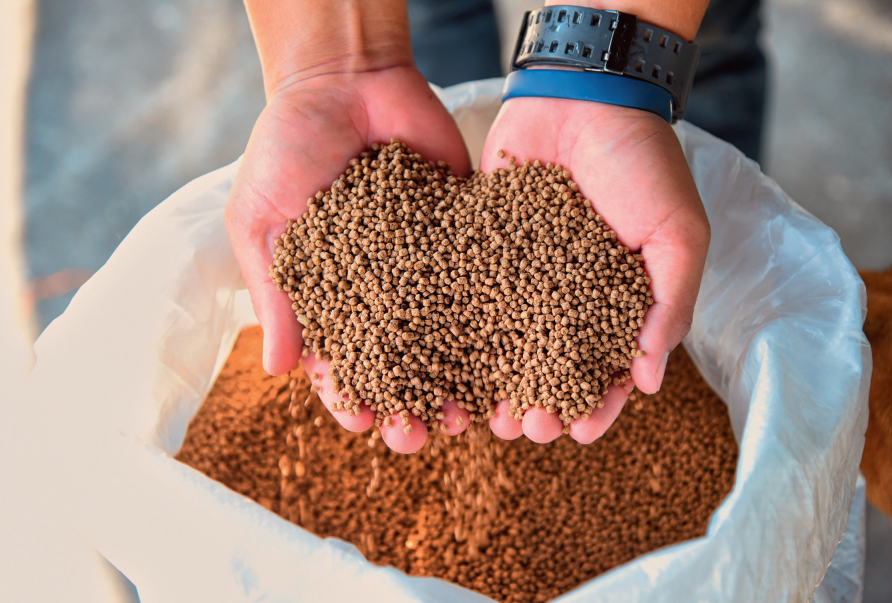Warning from feed giants over whiting stocks

A coalition of businesses – including the biggest names in aquafeed – has warned that unless politicians from coastal states can reach agreement on quotas, North Atlantic blue whiting stocks will no longer be considered sustainable.
In an open letter to the Norwegian Government, the North Atlantic Pelagic Advocacy Group (NAPA) is calling upon Norway to meet with fish feed producers and reflect seriously upon its own sustainability commitments.
NAPA represents a coalition of businesses, pushing hard to stop overfishing of iconic – and globally important – pelagic stocks, namely North East Atlantic mackerel, Atlanto-Scandian herring, and North East Atlantic blue whiting.
To achieve this, NAPA is calling on the coastal states targeting these stocks to put aside the complexities of politics and prioritise long-term sustainability.
The impasse on blue whiting involves seven states – the European Union (negotiating as a single entity), Faroe Islands, Greenland, Iceland, Norway, the Russian Federation and the United Kingdom.
For several years these parties have been unable to agree quota allocations, so they have individually set their own catch quotas. Unfortunately, these add up to more than 100% of what scientists say is a sustainable total.
Because of the failure to agree on sustainable quotas, the Marine Stewardship Council suspended its certification for Atlantic blue whiting in 2020, but NAPA stepped in with a Fishery Improvement Project (FIP) which offers a route to sustainability through better management of the stocks. This FIP is due to end in October 2024. Without any agreement on the part of coastal states, blue whiting will no longer be certified as sustainable – and therefore it will be off limits to the big aquafeed suppliers and their customers. Blue whiting is a key source of fishmeal and fish oil.
No time to lose
Speaking last month at Seafood Expo Global in Barcelona, Dave Robb, Sustainability Lead with the Cargill Aqua Nutrition Group, said: “Without a science-based sharing arrangement between coastal states, blue whiting cannot be used for Aquaculture Stewardship Council (ASC) feeds.
“At Cargill, we are obliged to source fish sustainably, just as salmon producers and other aquaculture businesses are obliged to purchase certified feed. There is very little time left for change. We are preparing for a future where we must fundamentally change the sources of marine ingredients we use.”
This week, as coastal states negotiators meet in Oslo, the North Atlantic Pelagic Advocacy Group said it wishes to underline the severity of the situation facing the Northeast Atlantic blue whiting fishery, and the real threat this poses to the fish feed supply chain, and salmon production.
In its open letter to the Norwegian Government, NAPA says: “With no resolution to the political deadlock around blue whiting management in sight, the future of the fish feed industry hangs in the balance in the waters off Norway’s coast… three giants in the fish-feed industry and integral members of our board: Biomar, Cargill, and Skretting Norway, will all cease blue whiting purchases if the FIP fails and no agreement is reached.”
The letter concludes: “NAPA has one simple ask for you: meet with us. Meet with NAPA members, salmon producers, and the catching sector collectively, to work together towards a vision for a sustainable sharing agreement for this key pelagic stock.
“We understand the complexities of the situation. We know the challenge presented by the political deadlock. We believe that a nation like Norway, world-leading in salmon production and at the forefront of ocean advocacy globally, should be an ally – not a target – in our own advocacy efforts.”


